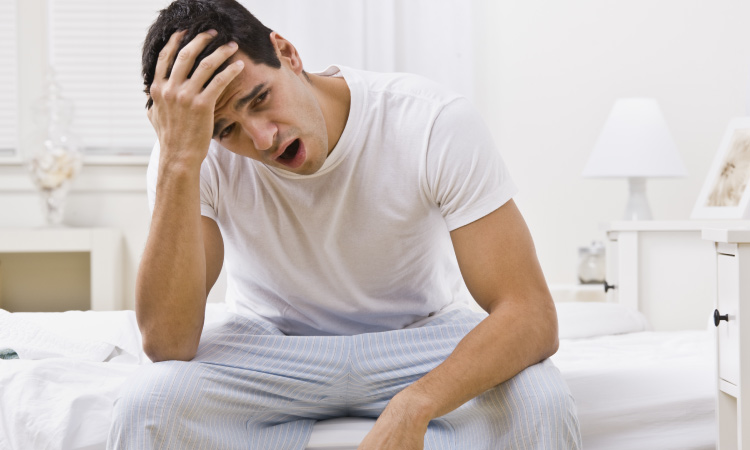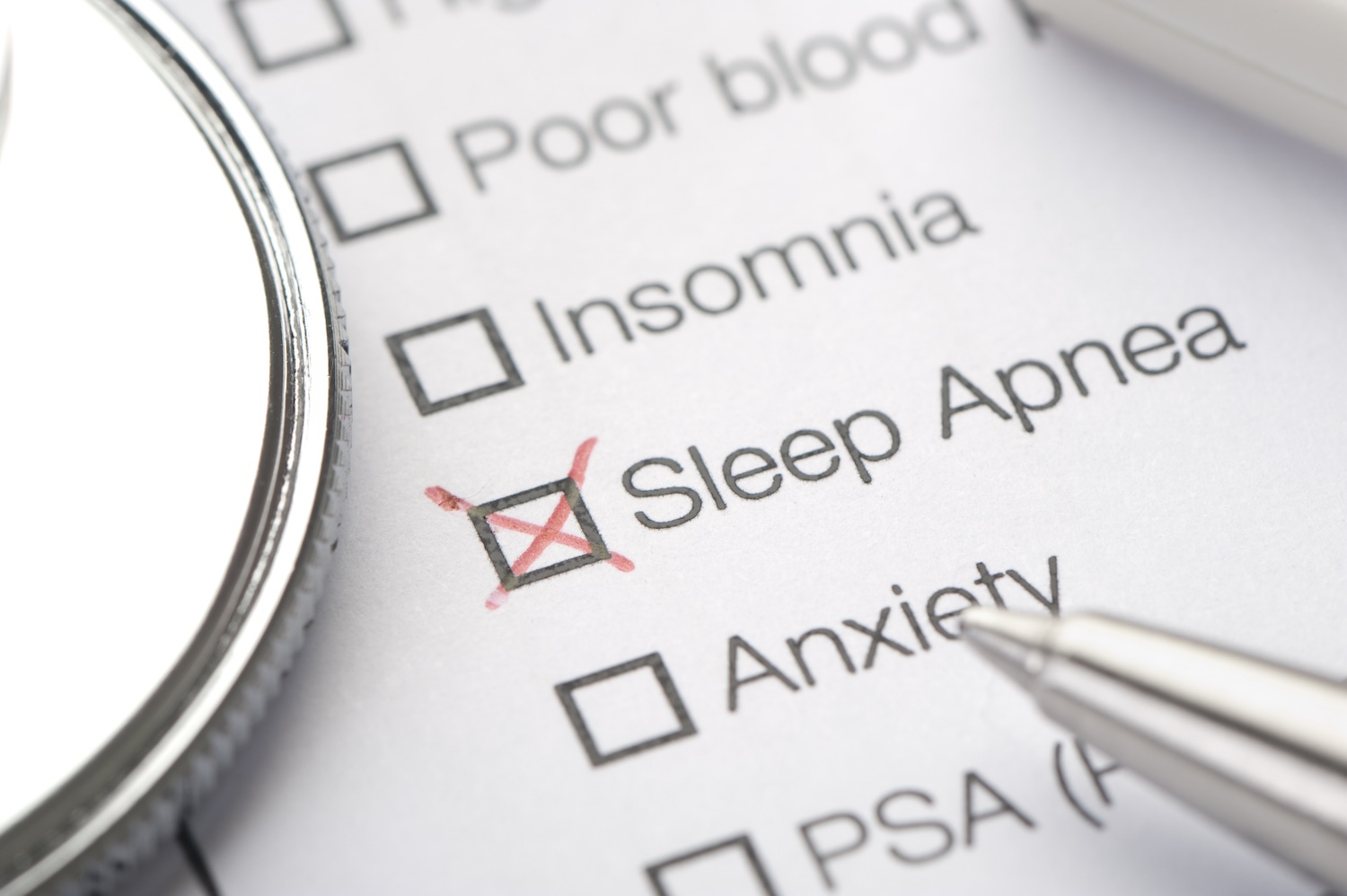In this post, learn what sleep apnea is, its symptoms, and how it can affect your health, along with treatment options that can help.
Sleep Apnea Affects More Than Your Sleep

Do you find that you have trouble sleeping? One in five American adults have a sleep disorder called sleep apnea. But this is a sleep disorder that affects more than just your sleep. Read on to learn about the risks associated with sleep apnea and how CarolinasDentist can help improve your sleep quality.
What Is Sleep Apnea?
First, let’s explain what this sleep disorder is. Sleep apnea is a disorder in which a person’s breathing is repeatedly interrupted throughout their sleep. These interruptions can occur hundreds of times, cutting off oxygen from getting to the brain that many times in one night. In obstructive sleep apnea, the pause in breathing is caused by the soft tissue in a person’s airway collapsing, blocking air from reaching their lungs. Among other factors, conditions such as having a large tongue, being obese, having gastroesophageal reflux (GERD), or having weak muscles in your airway can cause obstructed breathing. Some people remember waking up throughout the night, but sometimes these pauses in breathing are so slight that you may not notice any effects until the next morning.
What Are the Signs & Symptoms of Sleep Apnea?
Signs and symptoms of this sleep disorder can be broken into those that occur during the night when you’re asleep, and those that occur during the day as a result of your breathing having been obstructed throughout the night:
Nighttime
- A restless night of sleep
- Loud snoring
- Pauses in breathing that you or a loved one may notice
- Frequent trips to the bathroom
- Waking up gasping for air
Daytime
- Headaches in the morning
- Lack of energy during the day
- Weight gain
- Lack of ability to concentrate
- A dry or sore throat
- Daytime sleepiness while doing routine things like driving
- Being irritable or forgetful
What Are the Risks Associated with Sleep Apnea?
If left untreated, there are a number of serious risks associated with sleep apnea, including:
- High blood pressure
- Diabetes
- Depression
- Worsening of existing ADHD
- Heart disease
- Other heart-related issues such as an irregular heartbeat, a heart attack, or stroke
- Underachievement at work and in school
- Three times greater likelihood of getting into a car accident
What Is the Treatment for Sleep Apnea?
CPAP: Continuous Positive Airway Pressure
CPAP is a sleep apnea treatment in which you wear a mask over your nose and mouth while you sleep to regulate your breathing and keep your airways open. However, CPAP can be invasive and uncomfortable, and may not be ideal for those with mild to moderate sleep apnea.
Oral Appliance Therapy
At CarolinasDentist, we offer oral appliance therapy as an alternative to CPAP. With oral appliance therapy, we provide you with a removable appliance similar to a retainer or night guard. The appliance repositions your jaw and stabilizes your tongue so that your airway stays open, thus improving your airflow and quality of sleep.
Contact Us for Better Sleep!
If you think you have sleep apnea, contact us today and we’ll set up a appointment to fit you with a custom mouthpiece.








